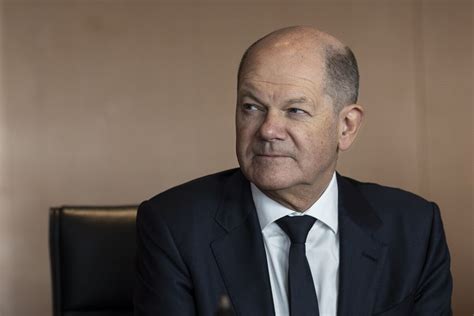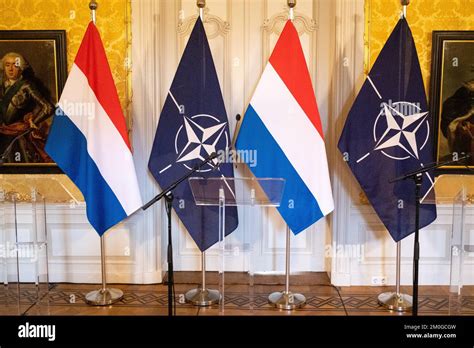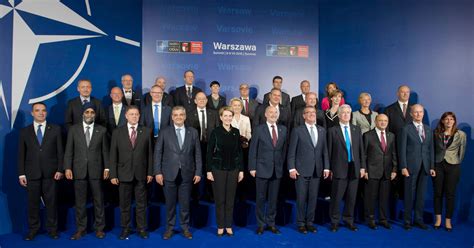German Chancellor Olaf Scholz recently made headlines when he adamantly declared his stance against a proposed increase in the country’s defense budget. The issue arose amidst pressure from former U.S. President Donald Trump, who had urged Germany to raise its defense spending by 5%. However, Scholz stood firm on his decision, emphasizing the importance of strategic planning and fiscal responsibility.
Scholz’s Stance
In a bold move that garnered both support and criticism, Scholz addressed voters directly to convey his position on the matter. He articulated his belief that military decisions should prioritize long-term stability and diplomatic efforts over hastily escalating defense expenditures. By rejecting Trump’s call for heightened defense spending, Scholz demonstrated a commitment to thoughtful policy-making and international relations.
Background Insights
To understand the significance of Scholz’s statement, it is essential to delve into Germany’s historical context regarding defense expenditure. The country has been part of NATO’s alliance structure and has faced debates regarding its contributions to collective security efforts. While some argue for increased military funding as a show of solidarity within the alliance, others advocate for prudent financial management and non-military solutions to global challenges.
Expert analysis suggests that Scholz’s decision reflects a nuanced approach to national security that considers various factors beyond mere numerical targets. By engaging with voters on this contentious issue, he not only showcased his leadership style but also set a precedent for transparent governance and public discourse on critical policy matters.
Strategic Considerations
Scholz’s emphasis on strategic planning resonates with experts who highlight the importance of aligning defense budgets with comprehensive national security strategies. Rather than succumbing to external pressures or short-term demands, investing in intelligence capabilities, cybersecurity measures, and diplomatic initiatives can yield more sustainable outcomes in an increasingly complex geopolitical landscape.
Moreover, by prioritizing dialogue and cooperation over unilateral actions, leaders like Scholz can foster trust among allies and demonstrate a commitment to multilateral approaches towards global challenges. This inclusive mindset not only strengthens international partnerships but also enhances Germany’s reputation as a responsible stakeholder in the realm of security affairs.
As discussions around defense spending continue to evolve globally, Scholz’s principled stand offers insights into the intersection of politics, diplomacy, and military considerations. His unwavering stance against increasing Germany’s defense budget serves as a thought-provoking case study in leadership decision-making amid external pressures and internal expectations.
In conclusion, while the debate on defense expenditure persists within political circles worldwide,
Olaf Scholtzs’ resolute rejection of Trumps’ call for increased military funding underscores broader issues
surrounding national security priorities. As Germany navigates its role in international relations,
his stance reflects a deliberate approach towards balancing fiscal prudence with strategic foresight.
By engaging citizens in crucial policy discussions,
Scholtzs demonstrates transparency and accountability—a cornerstone of effective governance
in an ever-changing global landscape.











Leave feedback about this